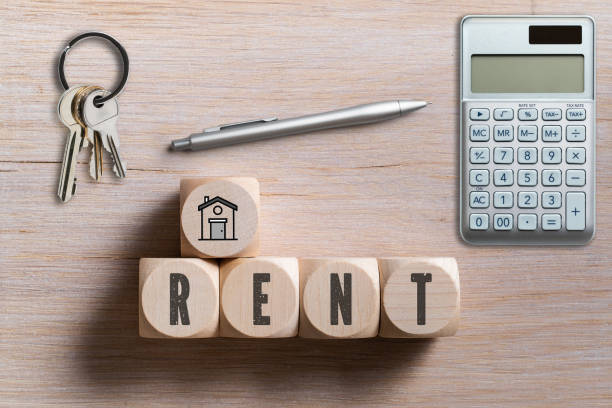Posts by Jaxon Texas
Increasing the Efficiency of Rental Turnover Without Lowering Property Value
Landlords and managers recognize the necessity of quick turnover as essential in maintaining property standards while shortening vacancy periods and increasing rental income. Rushing through this process could result in neglected maintenance, unhappy renters, and long-term property degradation. To find an acceptable balance between quality and speed you need a structured system that prioritizes efficiency…
Read MoreManaging Contractor Dependability: Techniques for Prompt and Excellent Rental Maintenance
Property managers and landlords rely on reliable contractors to maintain rental properties, meet deadlines, and produce quality work on time and within budget. Delays or poor craftsmanship can lead to tenant dissatisfaction, legal complications, and financial losses. To ensure reliability, property owners should develop effective strategies, set clear expectations, promote open communication, and enforce performance…
Read MoreHow to Implement Lease Rules While Maintaining Good Tenants
To effectively manage rental homes, landlords and property managers must balance enforcing lease rules with building positive tenant relationships. Communication, consistency, and fair enforcement are crucial for maintaining peace. Proactive strategies implemented without alienating reliable tenants can ensure compliance and maintain tenant value and respect. Effective lease enforcement starts with setting expectations early. A well-drafted…
Read MoreKey to Successful Property Management: Construct a Dependable Team of Property Managers and Legal Advisors
An effective property management team comprises property managers, contractors, and legal advisors, each playing an essential role in protecting property values while adhering to regulations. A skilled, trustworthy staff can significantly enhance efficiency while mitigating risks to ensure long-term stability for investments. Renting out property requires reliable professionals for repairs, renovations, and emergency maintenance. A…
Read MoreSmart Exit Strategies For Landlords: Selling, Retiring, or Transitioning Properties
Landlords will inevitably reach a point in their career where it comes time to exit their rental business and make plans for retirement or shifting market conditions. A proper exit strategy must take into account various considerations such as tax implications, current market conditions, and long-term financial impacts of each exit strategy; selling property directly,…
Read MoreCreating Accountability in Property Management Contracts: Determining Who is Responsible
Property management involves defining responsible parties in agreements to ensure accountability and streamline transactions. Accurate documentation is crucial for legal compliance and clear lines of accountability in case of accidents, damages, or contract breaches. This practice helps avoid disputes, reduces compliance issues, and enforces compliance by keeping all parties informed, especially in real estate contracts…
Read MoreHow to Handle Extra Clauses in Property Management Agreements
Property management agreements are crucial in real estate deals, outlining expectations and responsibilities among the parties involved. They often include tailored terms for specific situations, such as upgrades, repairs, and closing costs, to avoid disputes. Property managers negotiate and uphold these agreements to protect investors, owners, and tenants, ensuring clarity and efficiency in real estate…
Read MoreUnderstanding Closing Costs and Title Transfers in Real Estate Transactions
Property managers must be knowledgeable about the legal and financial aspects of closing costs and title transfers to ensure smooth transactions and protect both parties involved. These elements, which represent transaction expenses and ownership changes, can lead to legal entanglements, legal recourse, and financial complications, requiring careful navigation to prevent further complications. Title transfer is…
Read MoreAnalyzing the Market for Short and Long-Term Rentals Near College Campuses
Rental markets near colleges present property owners with unique challenges and opportunities. Realizing the distinctions between short-term and long-term rental demand is essential in optimizing occupancy, rental income, or tenant satisfaction. Short or longer-term lease agreements depend on various factors like seasonal demand as well as student housing needs. Short-term rentals, ranging from a week…
Read MoreThe Effect of Security Systems on Rental Property Insurance Rates and Coverage
Security systems are an integral component of rental properties and play an essential role in shaping insurance rates, coverage options, and risk assessments. Insurance cost calculations consider several factors; modern security systems tend to be seen as less risky which results in cost savings and improved coverage options. Insurance providers assess rental properties for theft,…
Read More









